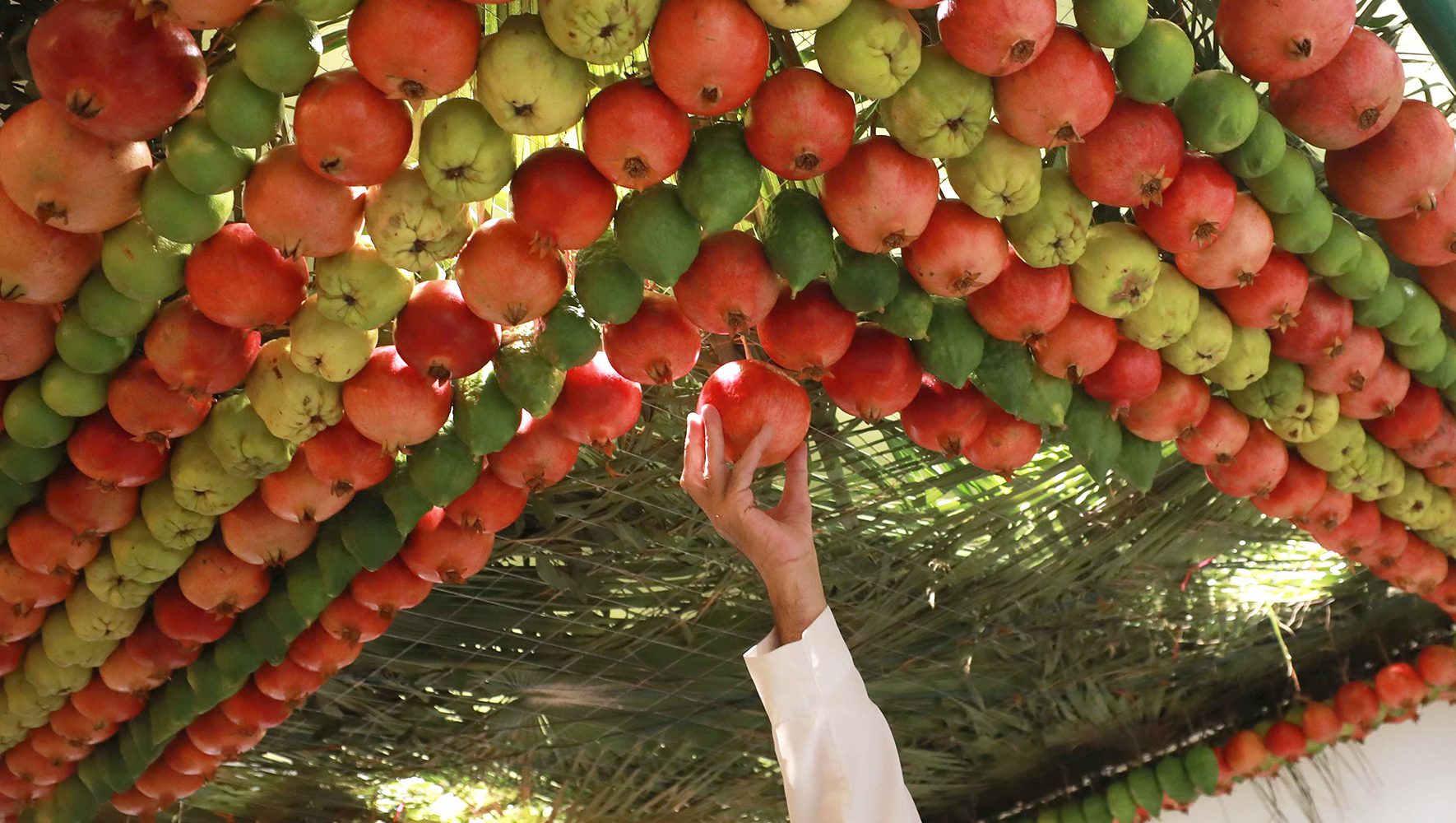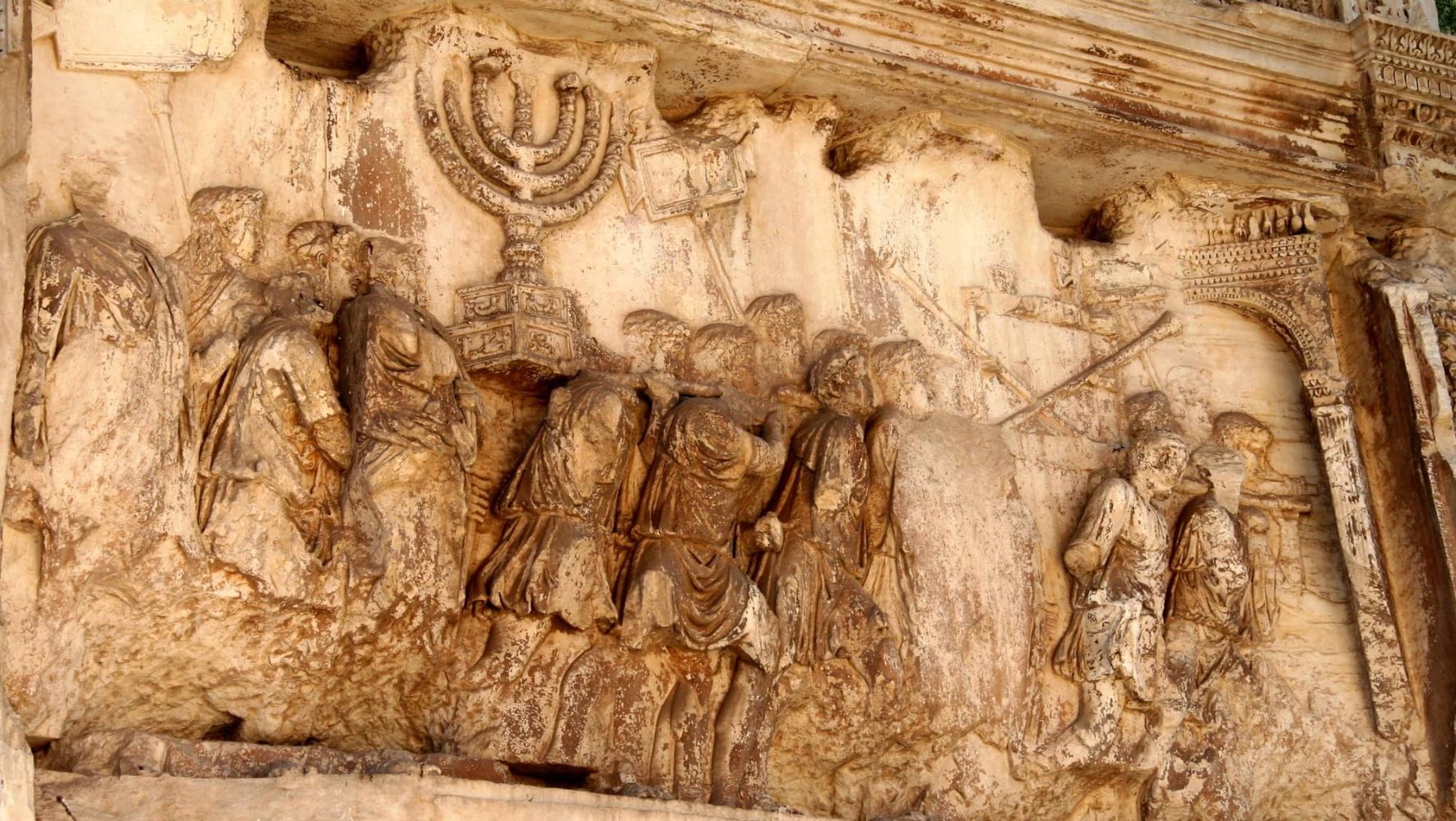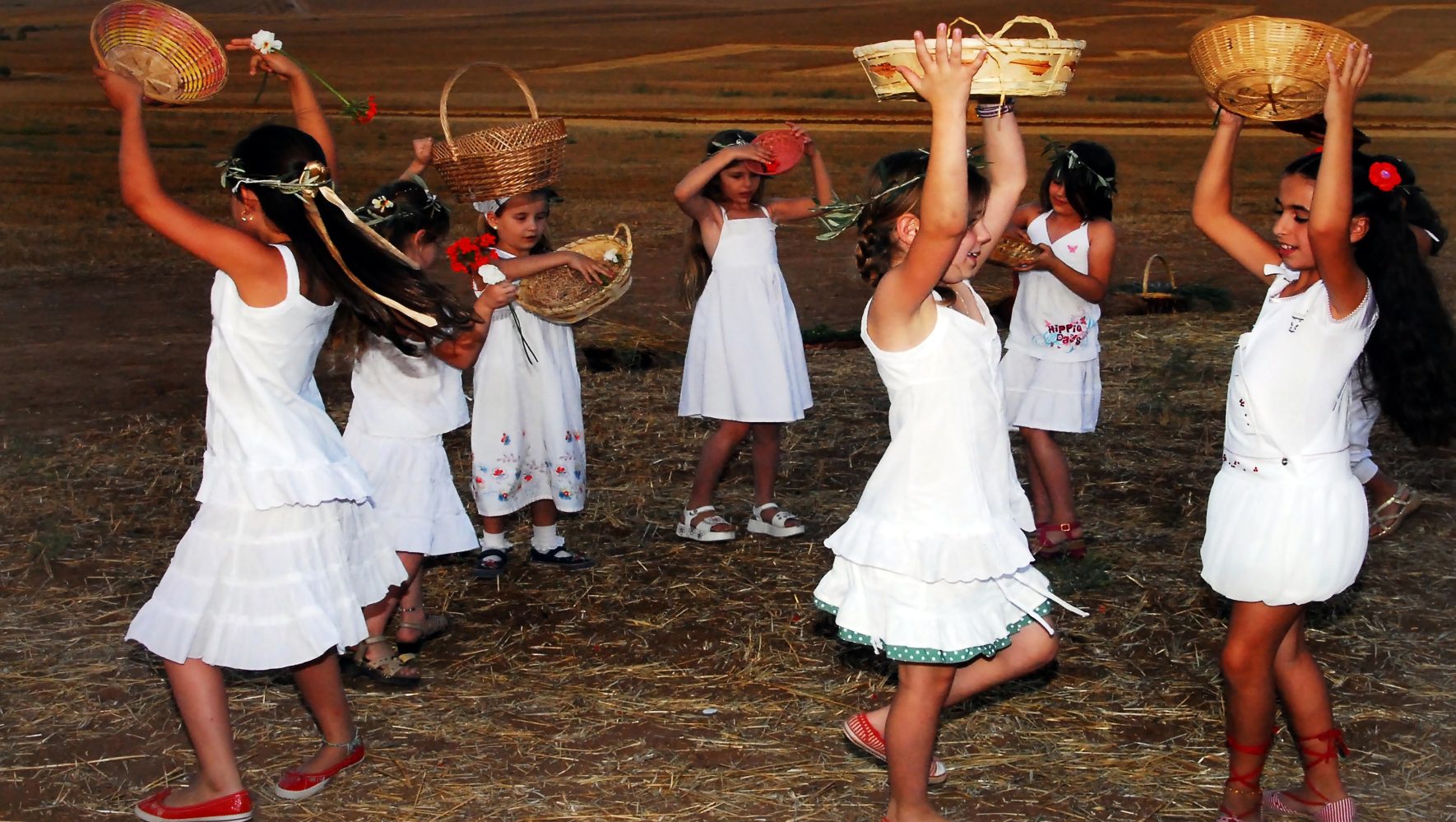Celebrating Passover During a Pandemic: Same, But Different
By Sharon Samber, HIAS.org
Apr 07, 2020
“Why is this night different from all other nights?” has taken on a whole new meaning this year.
The first of the traditional four questions of the Ma Nishtanah, one of the highlights of the Passover Seder each year, has a very different significance as the world continues to grapple with COVID-19 and ongoing uncertainty as the virus spreads.
This year, instead of gathering for Seders, millions of Jews are separated from their families, possibly eating their matzah and bitter herbs alone or trying to gather “together” online with family and friends. The inability to travel and be together with loved ones is another marker of these uneasy times, and a difficult one for many people to weather amid the health crisis.
To help people celebrate and provide context, especially in these more difficult times, HIAS has produced a special new video that can be shared this holiday, a companion to the downloadable HIAS Haggadah.
“While the way we gather together this year may be different, the ancient story still binds us together wherever and however we gather,” explains Rachel Grant Meyer, HIAS' rabbi-in-residence. “The Passover story is a refugee story — a story of oppression and resilience. Today, while the majority of Jews are no longer refugees, we have the chance to use our retelling of our own story to stand in solidarity with those who have not yet found freedom and safety: the world's refugees.”
Passover is one of the three main Jewish holidays besides the high holidays; about 70 percent of American Jews attend a Seder.
Rabbi Meyer says the changes in this year’s rituals show that the Jewish people are and always have been resilient.
“Our celebrations can’t be stopped by unfortunate circumstances. We will always find a way to come together and to keep our traditions alive,” she said.



